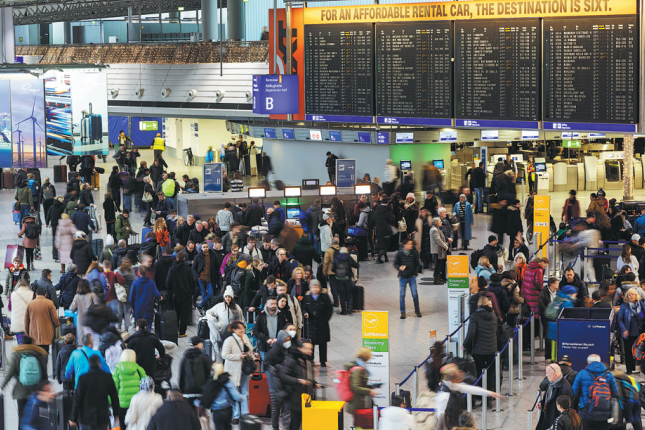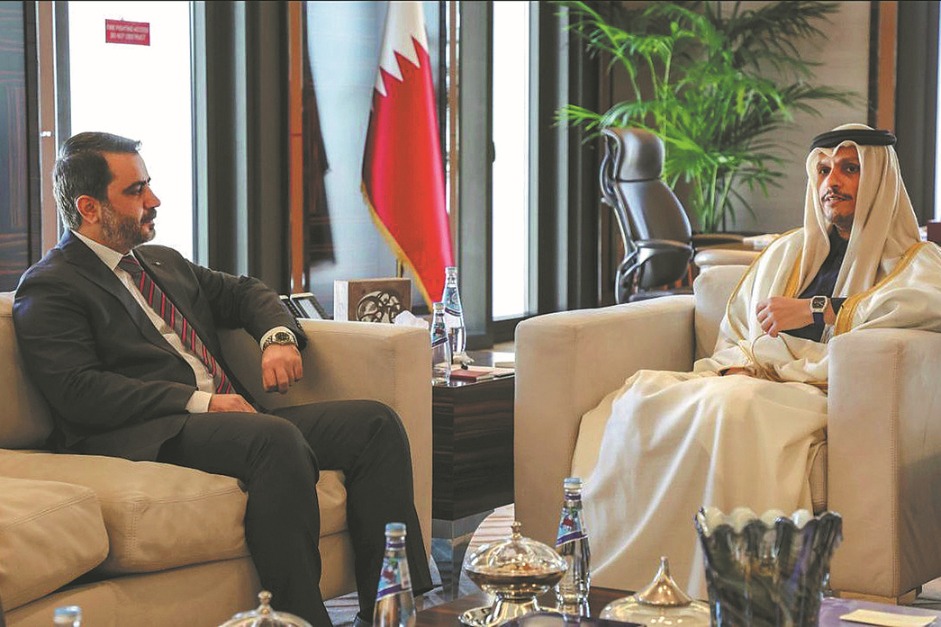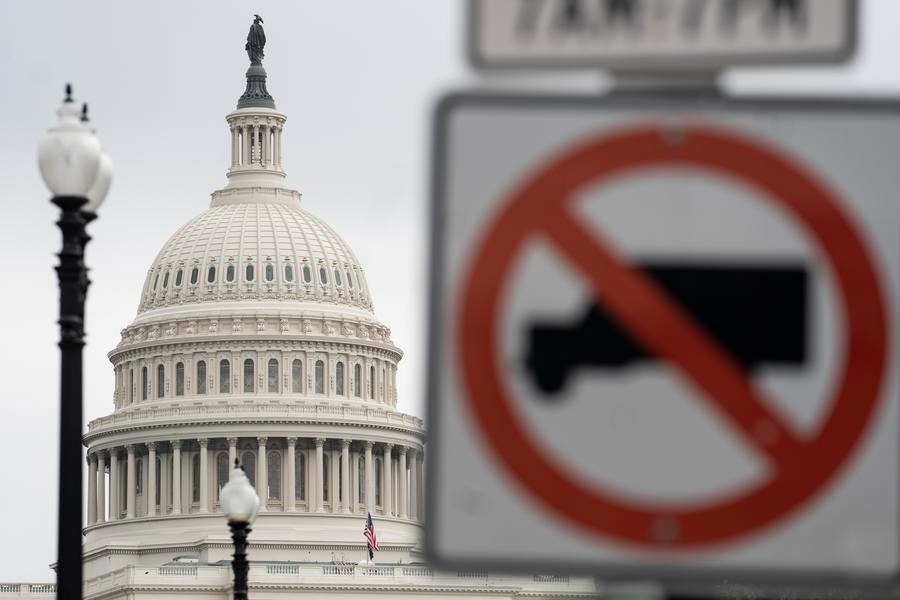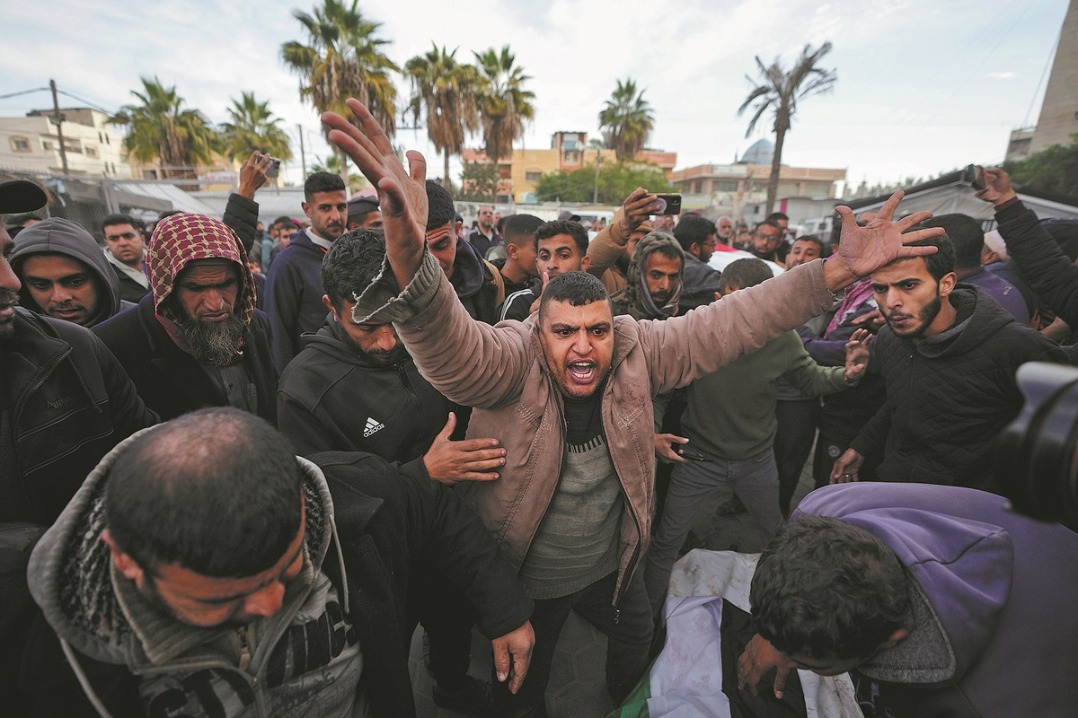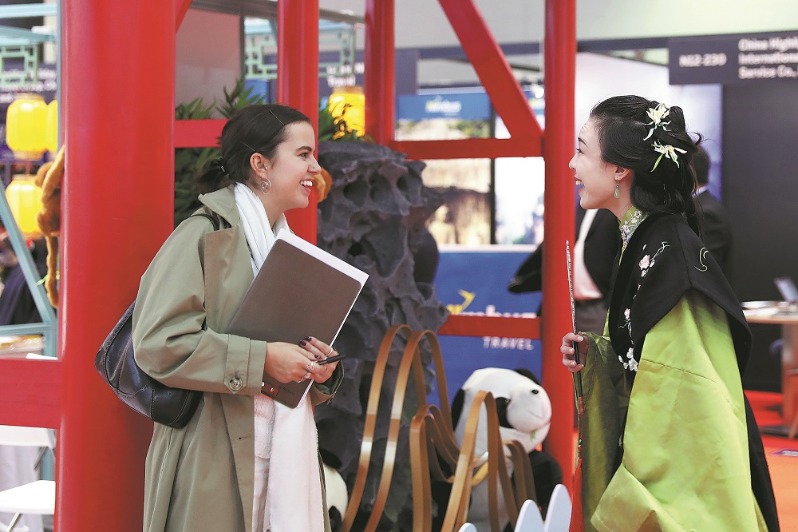France's new cabinet faces test of stability
Building consensus to be tough as govt lacks parliamentary majority: Analysts

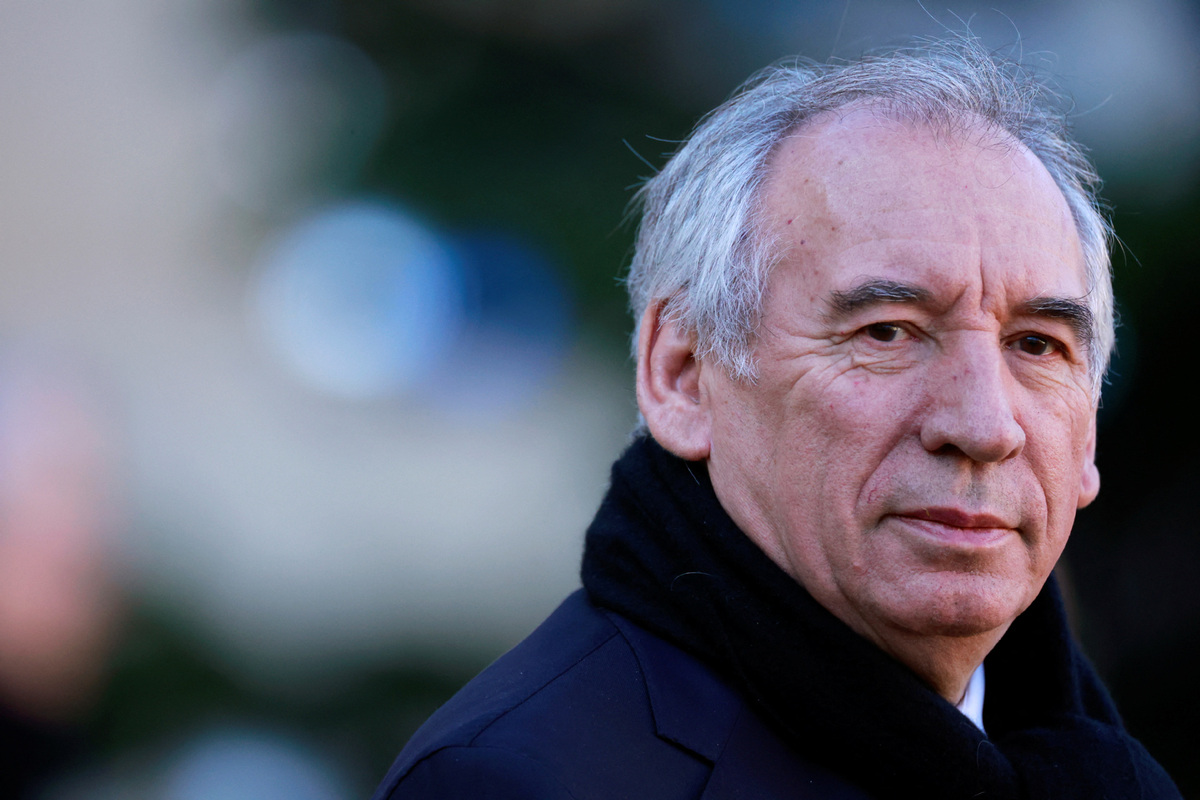
With a divided parliament and a looming budget deadline, the administration of French Prime Minister Francois Bayrou is facing immediate challenges as the new government held its first cabinet meeting on Friday.
Bayrou, addressing his cabinet, urged unity. "If we are united, we can likely overcome many of the obstacles before us," the French daily Le Monde quoted him as saying.
The composition of the new cabinet is under scrutiny, as analysts and citizens question whether this government can achieve stability or whether it will fall like its predecessors.
The meeting, chaired by President Emmanuel Macron at the Elysee Palace, brought together the newly appointed ministers.
"We are not here just to manage; the president has called on us to be bold," government spokeswoman Sophie Primas said during a news conference after the meeting.
In a bid to balance different ideologies, the new government has assembled a politically diverse team.
Eric Lombard, an experienced economist, takes charge of the Finance Ministry, focusing on the 2025 budget with a socially liberal approach. Bruno Retailleau, a hardliner on immigration, becomes interior minister, appealing to the right but facing left-wing criticism.
Agnes Pannier-Runacher, an advocate for green policies, leads the Ministry of Ecological Transition and Territorial Cohesion, while Gerald Darmanin moves to the Justice Ministry.
Yannick Neuder, tasked with healthcare reform, becomes health minister. Former prime ministers Elisabeth Borne and Manuel Valls also join the high-stakes cabinet as minister of education and minister of overseas territories, respectively.
"The Darmanin-Retailleau duo is a highly political pairing," political journalist Lou Fritel commented on France 5 TV on Saturday.
"They are allies of convenience in a very intense political moment. However, Retailleau aims to carve out his own path within the conservative (Republicans) party, whereas Darmanin is relying more on broadening the common ground."
New budget
The government's top priority is passing the 2025 budget, which must be approved by mid-February. Operating under a provisional fiscal arrangement, France urgently needs a new budget to ensure financial stability.
Bayrou's administration has adopted a collaborative approach, inviting all parliamentary parties for consultations to identify common ground and avoid censure.
On Dec 31, Finance Minister Lombard told Le Monde: "We will receive all political forces willing to engage, listen to their demands and negotiate a budget that avoids censure."
However, building consensus will not be easy. The government lacks a parliamentary majority and relies on potential support from the Socialists and Greens to pass key legislation.
Socialist Party leader Olivier Faure, critical of the new cabinet, described it as "a provocation" on Thursday, accusing Bayrou of aligning with far-right interests.
The inclusion of Retailleau has been particularly controversial, with critics arguing his presence signals a shift toward accommodating far-right views.
Internal tensions
In addition, internal cabinet tensions have emerged. Health Minister Neuder's initial attempt to occupy a prominent office was blocked, sparking a minor dispute. While it was resolved quickly, this episode reflects the complexity of managing a diverse team.
Bayrou's approach to governance emphasizes continuity and pragmatism. His budget strategy builds on previous proposals, incorporating tax relief measures for farmers and businesses while seeking new savings.
The government's success depends on its ability to navigate France's polarized parliament. With no clear majority, Bayrou's administration faces the constant risk of a no-confidence vote.
Public confidence remains low, as highlighted by political analyst Frederic Dabi on Dec 31 in an interview with France 5 TV, "French morale is weighed down by political uncertainty and a lack of trust in government stability."
Despite these challenges, Bayrou remains optimistic.
During a recent closed-door meeting, he outlined his vision for "detailed and practical" policymaking, emphasizing inclusivity. Bayrou also promised to address long-standing issues such as pension reform and funding for local governments.
The next few weeks will be decisive. As Bayrou seeks to pass the budget and consolidate his government's position, all eyes are on whether his administration can bring stability to French politics or become another casualty of continuing parliamentary gridlock.
For now, many say Bayrou's government must prove it can rise to the occasion and deliver meaningful results in a politically fractured landscape.
The writer is a freelance journalist for China Daily.
















